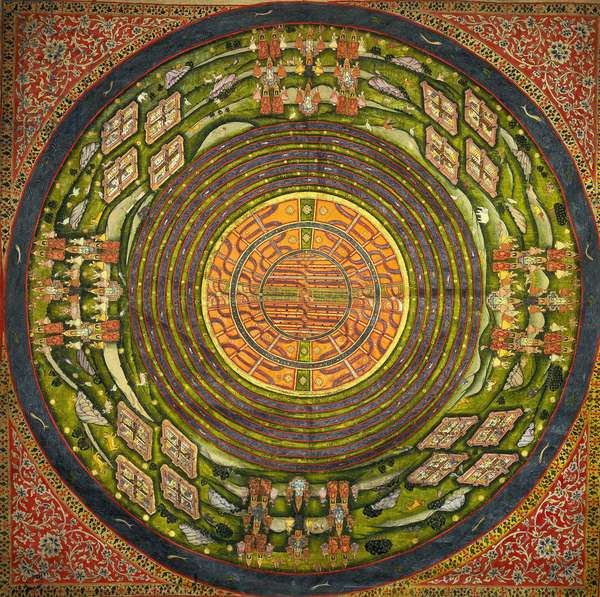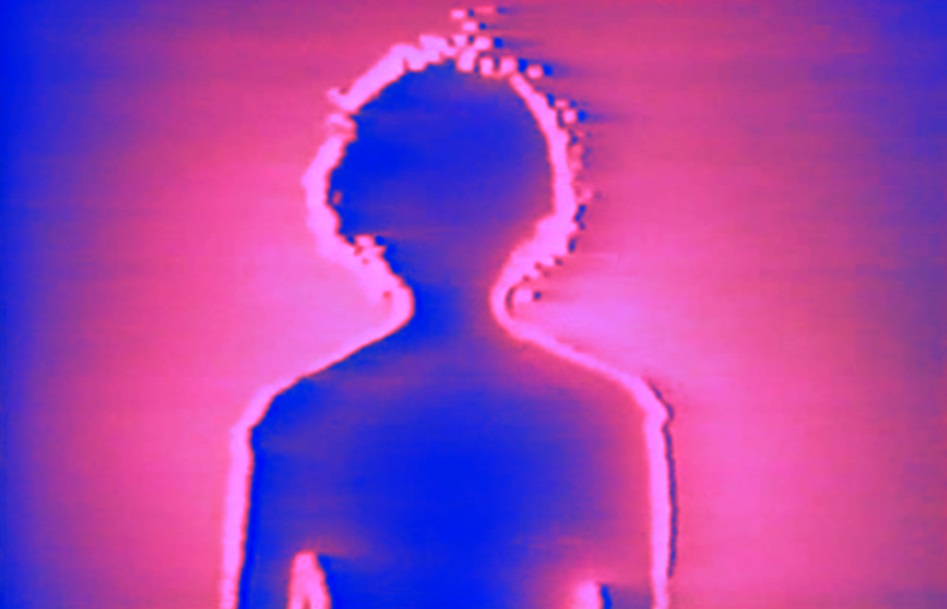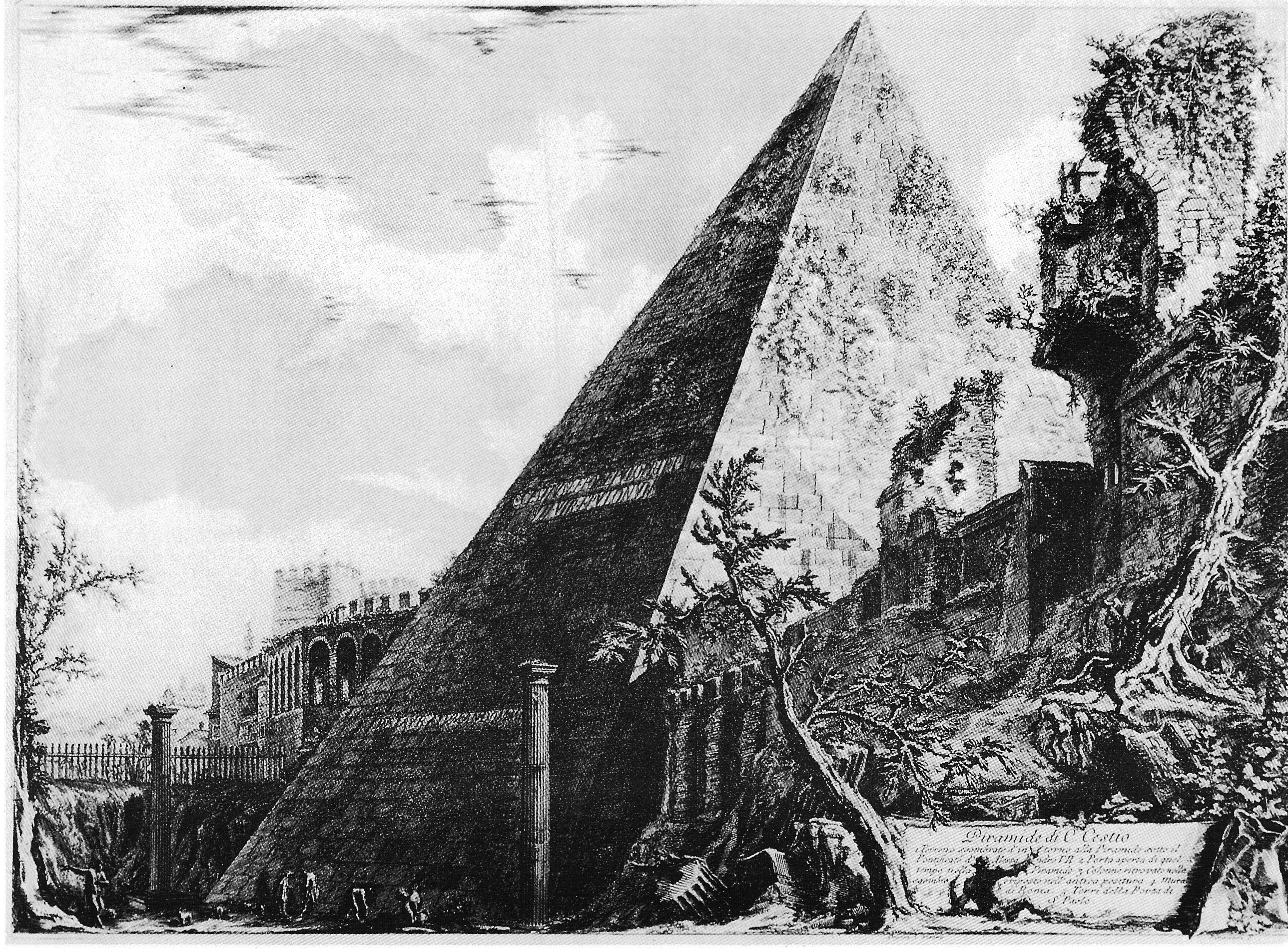He looked at his watch and stood for a while on the sea-front. The weather seemed worse here than it did in the town. The tremendous clamour of the sea, joined to the howling of the wind, made one vast uproar composed of many voices small and great. The night was dark; nothing could be seen of the sea but the white crest of a wave here and there, which had burst asunder before it could hurl itself against the shore. They were keeping watch on the boats anchored along the quay, and here and there he could see the figure of a sailor working in darkness and danger up aloft on the masts which were keeping up their ritual dance towards all the four winds in turn
—Italo Svevo, Ernesto
Long ago, in childhood, when Summer reverberates and feels and throbs all over, it begins to circumscribe my body along with my self, and my body gives it shape in turn: the “joy” of living, of experiencing, of already foreseeing dismembers it, this entire body explodes, neurons rush toward what attracts them, zones of sensation break off almost in blocks that come to rest at the four corners of the landscape, at the four corners of Creation.
—Pierre Guyotat, Coma
And let us also imagine that every point of the body experiences a mad urge to expand beyond measure, to expand to the point of horror (for example, to occupy a space equal in diameter to the orbit of Saturn); and let us imagine too that we are consciously aware not only of a single point, but all points, and that all of them have swollen - and are rarefied, incandescent - and are passing through the stages of the expansion of bodies: from a solid to a gaseous state, and that the planets and the suns are circulating freely in the gaps between the molecules of the body; and imagine further that all centripetal sensation is completely lost; and in the urge to expand beyond measure physically we have been torn to pieces, and only our consciousness remains in one piece: consciousness of our dismembered sensations. What would we feel then? We would feel that our flying, burning, gaping organs, no longer linked together, were separated from each other by billions of versts; but our consciousness binds that monstrous atrocity - in a simultaneous aimlessness; and while in our spine, rarefied to the point of emptiness, we feel the seethe of Saturn’s masses, into our brain the stars of all galaxies drill their way ferociously; and in the centre of our seething heart we feel senseless, painful thrusts - of a heart so huge that the sun’s candescent torrents, as they fly in all directions from the sun, would still not reach the surface of that heart, if the sun were inserted into that igneous, senseless beating centre. If we were able physically to imagine all that, then before us would arise a picture of the first stages in the soul’s life after it has cast off the body: these sensations would be all the stronger in proportion to the violence with which our bodily composition collapsed before us…
—Andrei Bely, Petersburg
Penelope is the clou of the book [Ulysses]. The first sentence contains 2500 words. There are eight sentences in the episode. It begins and ends with the female word yes. It turns like the huge earth ball slowly surely and evenly round and round spinning, its four cardinal points being the female breasts, arse, womb and cunt expressed by the words because, bottom (in all senses bottom button, bottom of the class, bottom of the sea, bottom of his heart), woman, yes. Though probably more obscene than any preceding episode it seems to me to be perfectly sane full amoral fertilisable untrustworthy engaging shrewd limited prudent indifferent Weib. Ich bin der Fleisch der stets bejaht.
—Joyce, Letter to Frank Budgen, 16 August 1921, Letters 1:170, Selected Letters, p. 285



